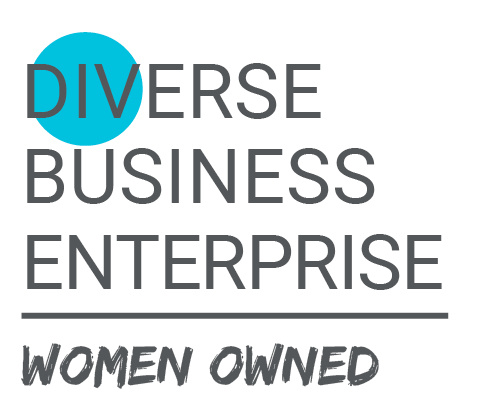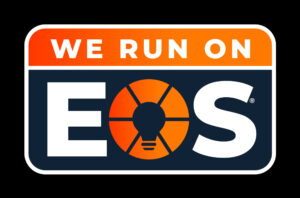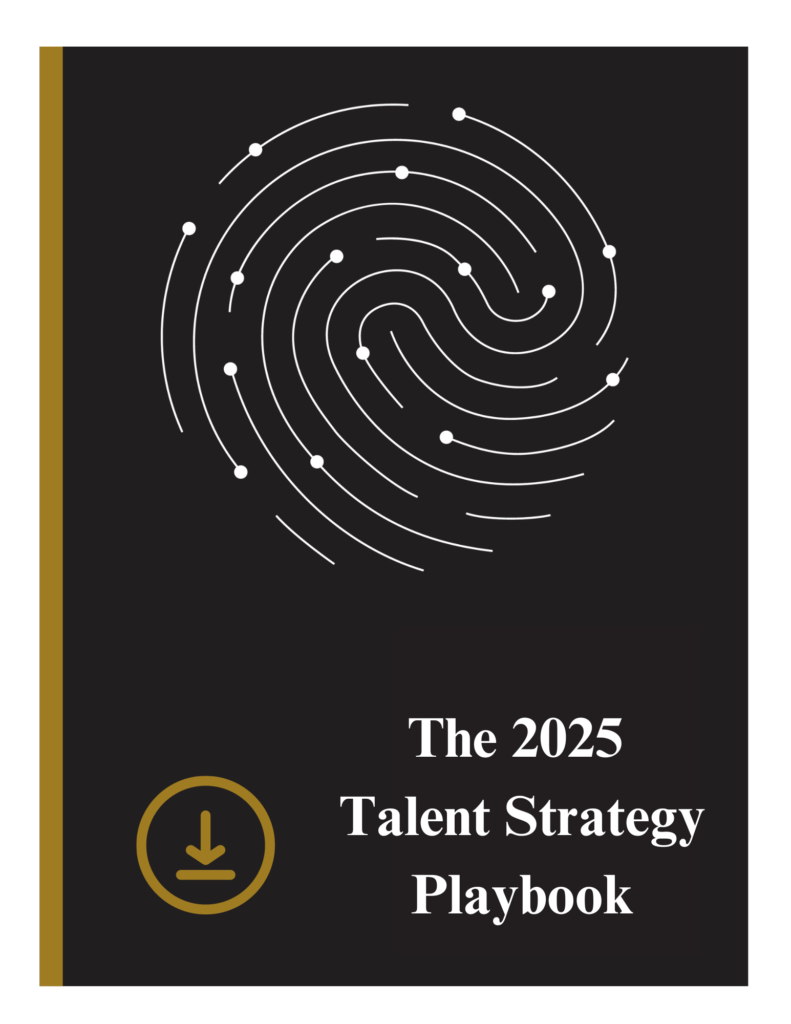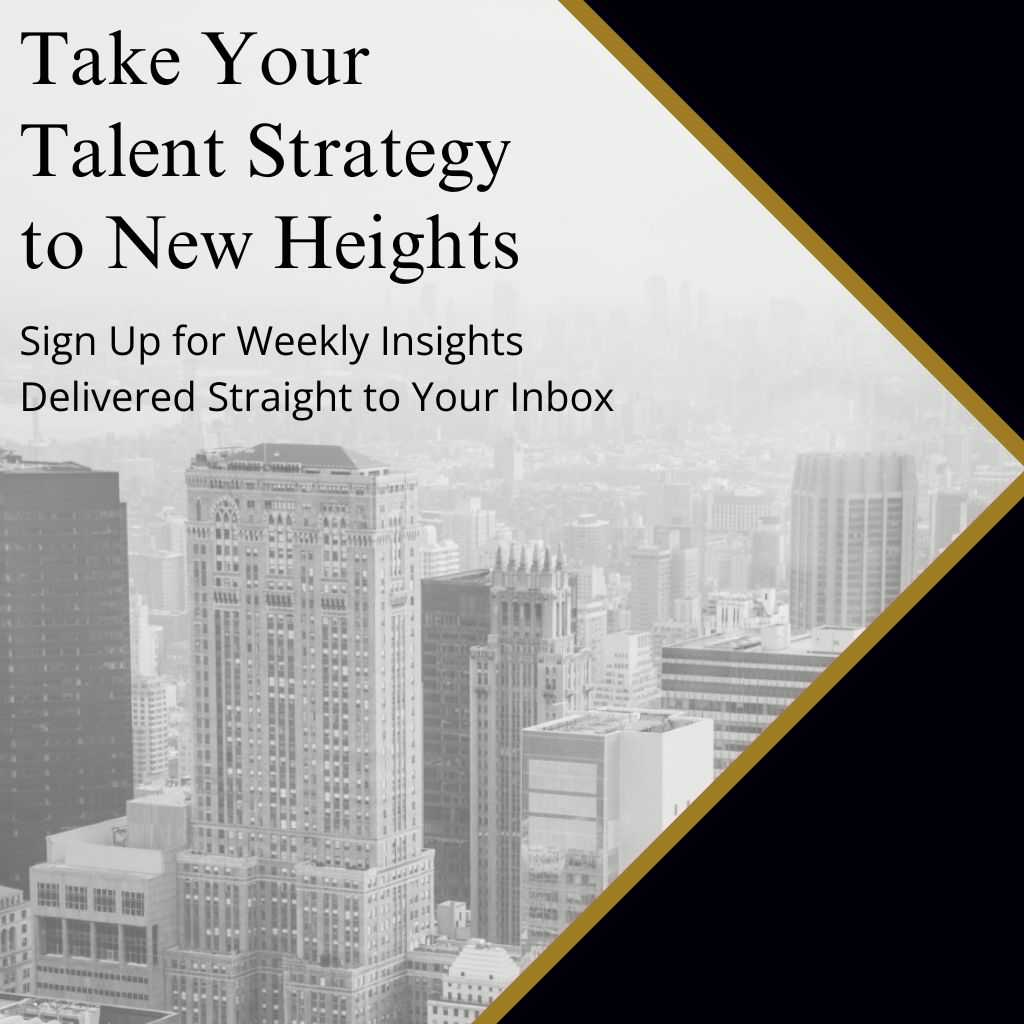How To Keep Your Employees Engaged While Working Remotely
By Ashley Ward
As more and more Americans choose to work remotely, the question on my mind has been – to what effect, does working independently have on an employee’s personal outlook and mindset?
From the words of Bob Nelson, “an employee’s motivation is a direct result of the sum of interactions with his or her manager.”
With the state of the world right now, managers are definitely limited in the number of interactions they can have with their employees. (There is only so much Zoom one can handle.)
Based on a recent report from CNBC, 60% of respondents feel either as productive or even more productive than when they were working at an office, leaving many individuals to report that they don’t even want to go back to the office.
A new employee engagement study done by Leadership IQ reveals that an employee’s mindset, such as their resilience and optimism, actually matters more than having a great manager. There are actually 18 outlooks that can increase positive feelings at work – as shown in the photo below.
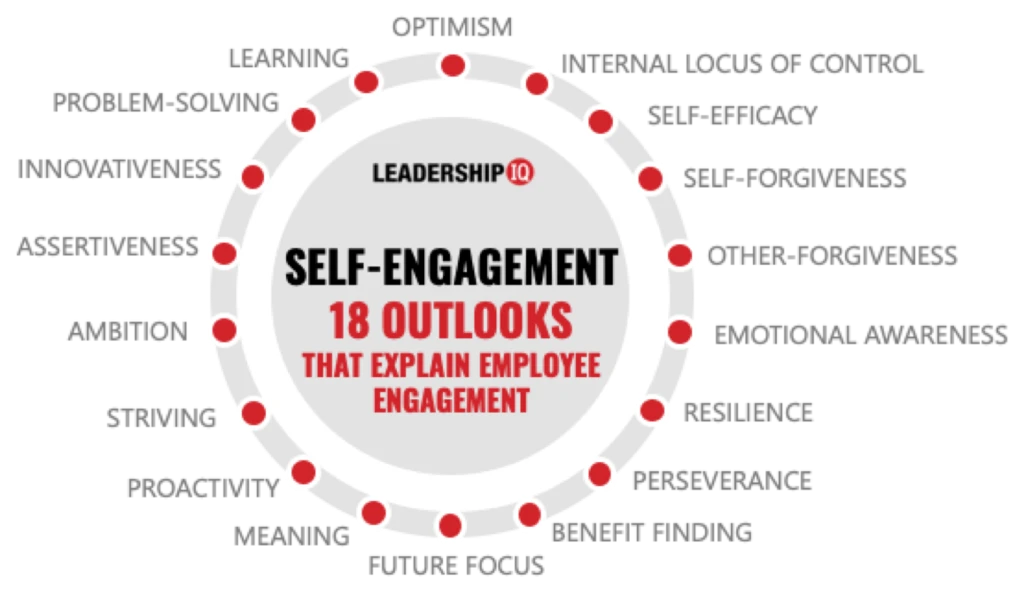
Outlooks such as these are not exclusively intrinsic. These mindsets can definitely be developed and improved by oneself and an office environment. So, is it still worthwhile to have good managers? Of course. A positive team leader and collaborative team players are crucial to creating effective outcomes and a supportive work environment.
But what we are finding more and more, is that not only can these 18 outlooks lead to an increase in career satisfaction, inspiration and employee engagement, but this research is also showing us that executives, HR leaders and managers need to spend more time and effort on developing their employee’s outlooks, such as resilience and optimism. The role of the manager is still vital in employee engagement as managers can help shape employee outlooks.
Ginny Koole, W Talent Solutions’s Talent Advisor, believes “a good manager is key no matter your wiring or mindset. It can take the most resilient person down.”
She also stresses the importance of the manager’s own engagement with the needs of their employees.
“Some people,” she reminds, “myself included, tend to need more from a manger. Others, not so much. That is why it’s so important to know what your employee needs!”
If the research does not speak to you, just think about your own team – you treat them all equally, give them the same amount of attention, but some are coping with this crisis better than others and it’s important to remember that some are dealing with a myriad of challenges and loss. While some may be struggling, others are thriving – some even thriving to the point where they get more work done at home than in the office.
The difference that lies between those who struggle and thrive during times of crisis depends on their mindset. Those who work with a positive attitude and remain resilient despite whatever obstacle or challenge arises can achieve much greater success than those who crumble in the face of difficulty.
As Malcolm Galdwell once said, “It’s not how much money we make that ultimately makes us happy between 9 and 5. It’s whether or not our work fulfills us.”
Predictive Index defines employee engagement as the emotional commitment an employee has toward their organization and its goals. Within Predictive Index’s Talent Optimization framework, they refer to the 4 forces of employee disengagement: job fit, manager, team, and culture. If you have a job that’s a great fit, you love your manager, your team, and the culture, then the odds are really good that you will be highly engaged (going above and beyond).
It’s important to find the right people strategy and the employees with the hard wiring that lends itself to success at your company. Know what drives your employees so you’re able to provide the support they need to stay highly engaged. Let’s use this time as a chance to grow — a chance to support our employees’ outlook on life and their work so they can leave each day feeling satisfied and fulfilled.
Do you have questions about how to increase your employee engagement? Email W Talent Solutions’s Talent Advisor, Ginny Koole at gkoole@hireforhope.com.
Main Photo by Polina Zimmerman from Pexels
















